Tapco HomeDry Basement Waterproofing in Hampshire
We are long term members of Trust Mark and a member of the BWA. CHAS accredited contractor. In addition, all of our surveyors are trained to the high standards of the PCA (Property Care Association).


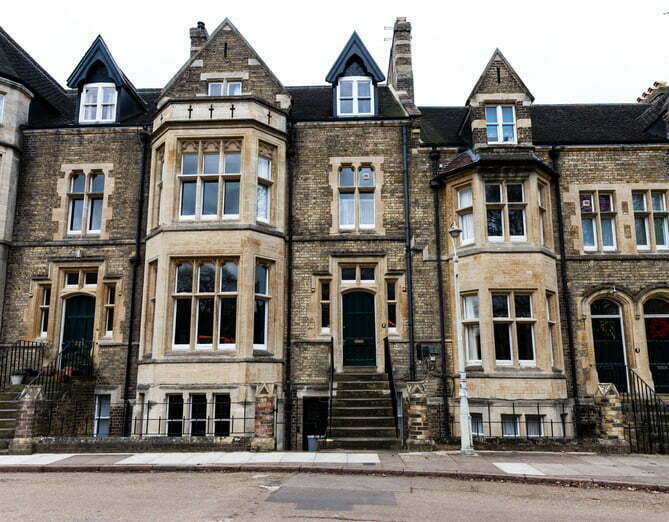
Basement Waterproofing Specialist in Hampshire
Are you hoping to uncover more space in your property? Realise the true potential of your basement space with professional basement waterproofing from Tapco Homedry. We’re the local experts in protecting basements from water ingress. If you’re thinking about converting your basement into a functional living space, you need professional basement waterproofing.
We can help to prepare your basement for conversion by providing a fast and effective way to waterproof your basement without the need to deep excavations into your foundations. Once completed, your basement will be insulated and dry, meaning you can move forward with conversion plans with confidence.
Basement waterproofing in Hampshire
We are the local experts in basement waterproofing. We use a range of techniques and methods to insulate and protect your basement from water ingress. Even if you only plan to use your basement for storage, there are still considerable benefits to waterproofing. It will help to keep moisture levels low, which will help to limit the risk of mould and mildew buildup.
We can help you to create your perfect secondary living space in your home. Once converted and watertight, your basement would make a beautiful guest bedroom, home office, gym or cinema. By choosing professional basement waterproofing, you can protect your investment from ensuring the space remains dry.
Popular waterproofing systems
Most people are familiar with the concept of a damp proof course to help protect homes from the risk of rising damp. However, this method will not protect below ground levels, as these are at risk of something known as hydrostatic pressure. This means that water from the earth will seep its way through the pores of a building, creating a damp and uninhabitable space.
Through popular basement waterproofing methods, we can create an impermeable barrier that stops moisture getting through. Without this layer, water will gather in your basement and will often pool at the lowest point. It can also seep through walls and damage paintwork.
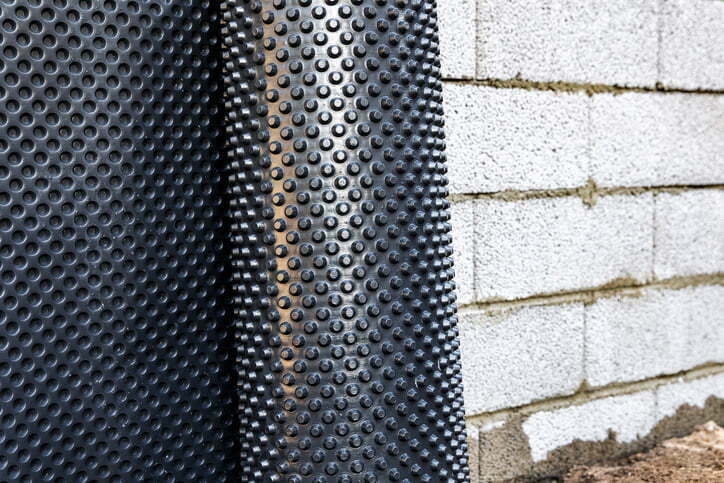
Can water come up through a concrete basement floor?
Yes, water can come up through a concrete floor. It might look solid, but even the smallest crack will allow water through. The water is pushed through due to pressure from the ground, which means you won’t be able to protect your basement from water ingress if you don’t have proper basement waterproofing measures in place.
What happens if you don’t waterproof your basement?
If you don’t waterproof your basement, you will have no protection against water ingress. While your basement may have been damp proofed in the past, these methods can fail over time. It could also be that modern methods would be more effective for waterproofing your basement. If you don’t waterproof and then go ahead with a conversion, you run the risk of damaging your hard work and having to pull up flooring and repaint if you struggle with damp, mould and mildew.
Can I waterproof my basement from the inside?
Yes, you can waterproof a basement from the inside. It’s a common misconception that you will need to dig into the foundations to waterproof your home, but this isn’t the case. We can apply a waterproofing slurry to the walls and floors and this will create an impermeable barrier that prevents moisture passing through. This method will keep your basement dry, which means it will be easier to keep warm and comfortable.
How do you waterproof a damp basement?
The process of waterproofing your basement will depend on the stage of construction. If you are in the process of building a property, you have the choice of waterproofing from the inside or the outside. Once constructed, it will be easier to waterproof your basement space from the inside.
To achieve this, we apply a cementitious structural waterproofing slurry to the walls and floor of your basement. This creates a moisture barrier that prevents water getting into your basement through the floors and walls. Another method is to apply high-density, polyethylene studded membranes to the walls and floor of your basement. This will direct moisture into channels where it can be pumped out of the basement. This is a popular choice if your basement is at greater risk of flooding.


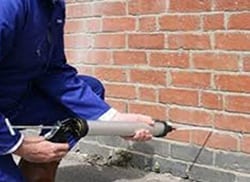 Damp Proofing
Damp Proofing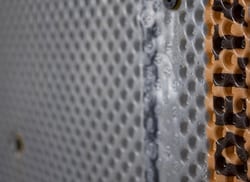 Basement Damp Proofing
Basement Damp Proofing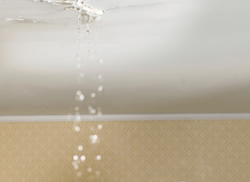 Water Damage
Water Damage Condensation Control
Condensation Control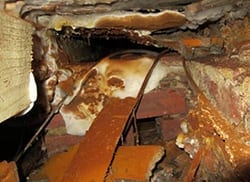 Dry Rot Treatment
Dry Rot Treatment WOODWORM & WET ROT
WOODWORM & WET ROT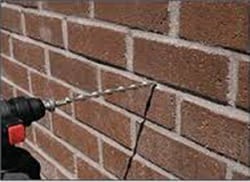 CAVITY Wall Ties
CAVITY Wall Ties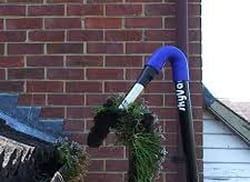 Property Maintenance
Property Maintenance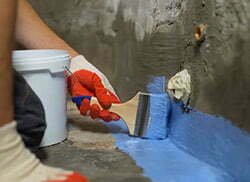 Waterproofing And Tanking
Waterproofing And Tanking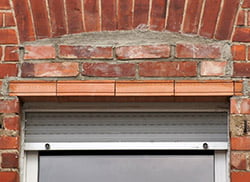 Structural Repairs
Structural Repairs
